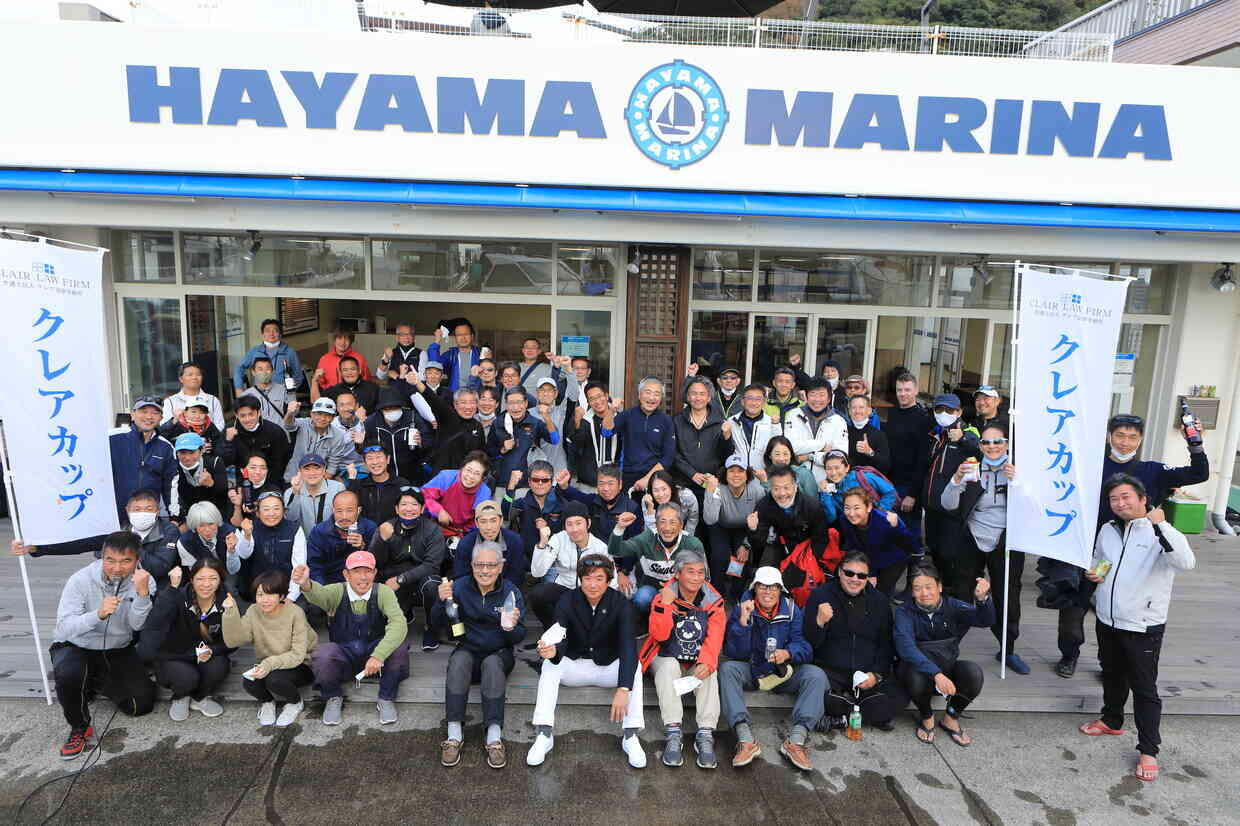When a foreign-affiliated company encounters a problem, they may ask their lawyer if they should apologize or not.
Foreign-affiliated companies are very cautious about apologizing, whether they are Western, Chinese or Korean. However, not apologizing may lead to subsequent negotiations at a disadvantage. Japanese staff know that, but sometimes the headquarters and foreign management couldn't understand it. Therefore, I would like to explain a little about the meaning of apology in Japan's dispute resolution.
Under the Japanese Civil Code, the legal effect of compensation for damages is established when all the "requirements" of the article are met. And the "requirements" do not include an apology. (However, if the apology includes a factual and concrete explanation of the default or intentional or negligent content, the claim may be granted by certifying the explained content.)
There is no direct relationship between an apology and the establishment of legal liability.
In the U.S., Many states have laws to prevent a plaintiff from using an apology as evidence of liability. For example, a medical doctor may apologize to a patient for a bad outcome without fearing the apology can be used against them at trial as evidence of negligence(Non apology-apology). UK also has same law.
Japanese law and other countries law are basically the same in that an apology is not recognized as a cause of legal liability.
Considering the facts stated above, I think that the background of the attitude of like / dislike the use of apology is from social culture.
Until modern times (around 1870), most Japanese lived in small, closed communities with no freedom of movement. Narrow and fixed relationships continue not only for him/her but also for their grandchildren. Even if you win a dispute, you may get revenge later because the other person is in the same community in the future. In such a society, it is more reasonable to accept and forgive the apology of the other party and build a peaceful relationship, rather than recovering the damage economically in one conflict. In Japan, accepting the apology of the other party and exempting him from compensation for damages also has the advantage of "making a loan" = Favor future position.
In some cases, victims do not request monetary compensation but a "sincere apology". If the latter condition be satisfied, the victim would agree to make a settlement without any monetary compensation.
In particular, if a problem arises between the contracting parties in a continuous relationship such as leasing or outsourcing, the party receiving the complaint often apologizes for the time being. Then he explains the cause of the claim. Sometimes it is possible to return to a peaceful relationship without having further negotiations for damages.
If you explain the cause of the complaint without an apology, a claimant may think that you have neither sincerity nor etiquette. It is a reasonable choice in Japan to use an expression of apology as a means of handling complaints, even when there is no legal liability.
And, there are many expressions of apology such as "すみません,Sumimasen", "ごめんなさい,Gomennasai","申し訳ありません,Moushiwakearimasenn" and "お詫びします,Owabishimasu". Saying sorry is much more common and is used in situations U.S. people might not expect. Japanese use these words every day.
Expressions of above in Japan has many meanings than Sorry and Apologize in English.
Japanese textbook for beginners "An Introduction to Modern Japanese" (Mizutani, O & Mizutani, N 1977) also explains the word "すみません,Sumimasen" as follows.
I'm sorry. Excuse me. Sumimasen is used to express either apology or gratitude.
Japanese apology words are often used not only in apologies but also in the following cases:
a Light greeting: for example, when entering a friend's house.
b light expression of gratitude: for example, when someone carries a heavy bag for you.
c Calling someone: for example, calling out to passers-by, "Sorry, can I ask you a little?"
d When asking for something: For example, when you take a taxi and ask "Sorry, please go to Tokyo Station."
At the beginning of a negotiation, Japanese often use such apology words for smoothing the negotiation process and it does not mean any legal liability.
The following shows a case that the court denied the liability of defendant even when defendant apologized before the trial.
A student had a mental illness and dropped out of school due to a teacher's tutelage to the student. The teacher visited the student's home and apologized to him before the trial, but the court ruled that the teacher has no legal responsibility. (Hiroshima District Court, 15 February 2013)
In the case of seeking compensation for damages because the patient's blindness was caused by the doctor's medical malpractice, while acknowledging the fact that the doctor apologized to the patient for discontinuing the use of eye drops. The judgment said "The purpose of the apology is not clear. , Even if there is no negligence in the medical practice, it is not unreasonable in light of the situation at that time that it was intended to apologize for the unexpected result caused by this,", and denied the doctor's negligence. (Tokyo District Court decision on February 20, 2008)
I don't say you apologize for anything, but in response to the complaint, "We apologize for any inconvenience this time." "We will investigate the cause of the problem as soon as possible and contact you." Such a Apologizing does not mean that you have assumed legal liability. In Japan, apologizing may be possible to calm the other person's feelings to some extent and solve it without expensive court proceedings.









